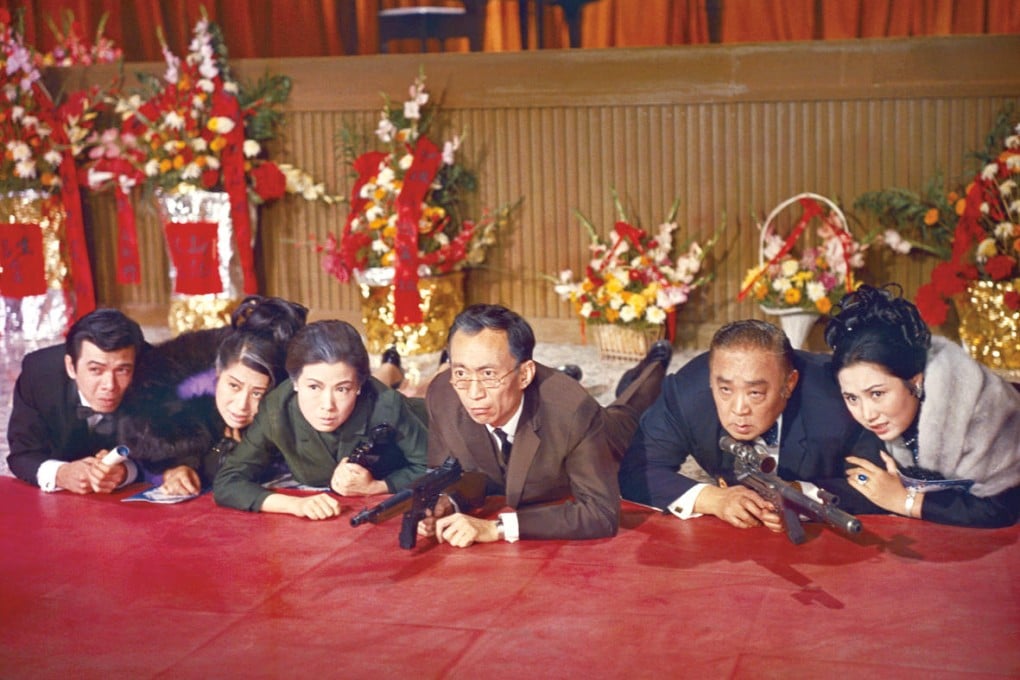Art house: Double Bliss celebrates the spirit of 1971
Paul Fonoroff

Hong Kong cinema was facing huge challenges when the Shaw Brothers unspooled Double Bliss for Lunar New Year 1970. The debut of free-to-air TV just over two years earlier, and the temporary collapse of the Cantonese movie market, had made traditional holiday comedies box-office poison. These were major inducements for famed director Chun Kim to frenetically, often entertainingly, attempt to repackage the genre in ultra-modern garb.
The result is a familiar tale of antagonistic fathers who discover their respective progeny are planning to wed. Cantonese superstar Leung Sing-bo was more than familiar with the subject matter. He had battled a Putonghua-speaking immigrant his on-screen daughter had fallen for in the classic movies The Greatest Civil War on Earth (1961) and The Greatest Wedding on Earth (1962).
Double Bliss keeps the earlier work's antagonism, but eliminates the culture clash. Leung is jovial in the role of a Putonghua-speaking millionaire who combats a postman (Wei Pin-ao) when the former's daughter (Ching Li) is wooed by the latter's son (Chin Feng).
The reason for their enmity is a decades-long feud, the details of which we are mercifully spared.
Rather, the director provides visual punch by relaying potentially expository material in the form of silent black-and-white flashbacks. Offbeat notes like these elevate Gao Lin's pedestrian script and inject some originality.
An early highlight is the opening credit sequence designed by Chin Pei-ling (aka Kamber Huang Chin-ba), which establishes a festive mood.
The cast includes a number of old pros, including Kao Pao-shu and Ouyang Shafei as the feuding prospective-in-laws' respective spouses; and, in what is the narrative's most underdeveloped role, Wu Yen (aka Ng Yin) as a wealthy and wise auntie.